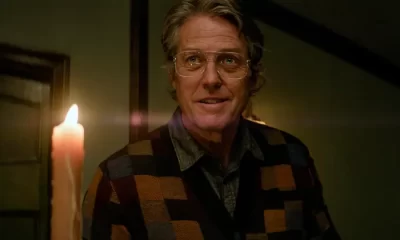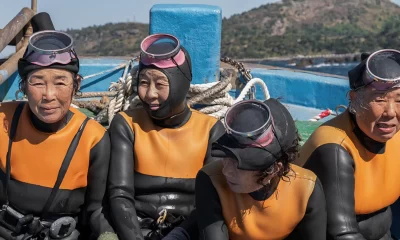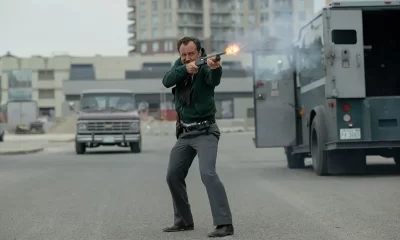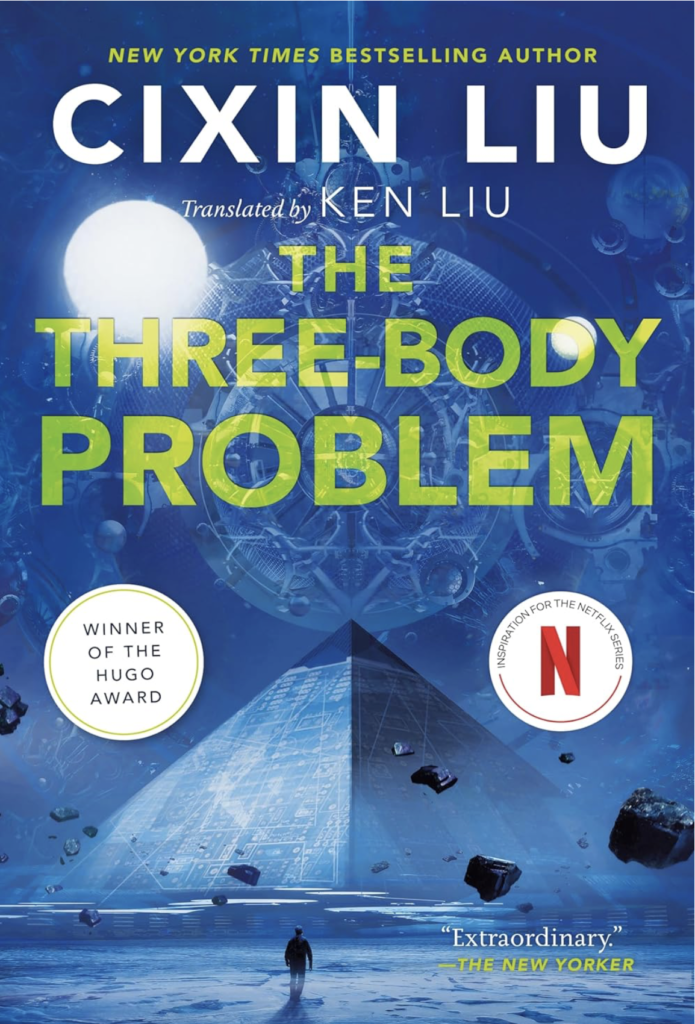ACTORS/ACTRESSES
The New Year That Never Came @Venice Film Festival 2024
Director Bogdan Meresenau brings a period piece on the silver screen about Romania’s revolution against the Ceausescu regime.
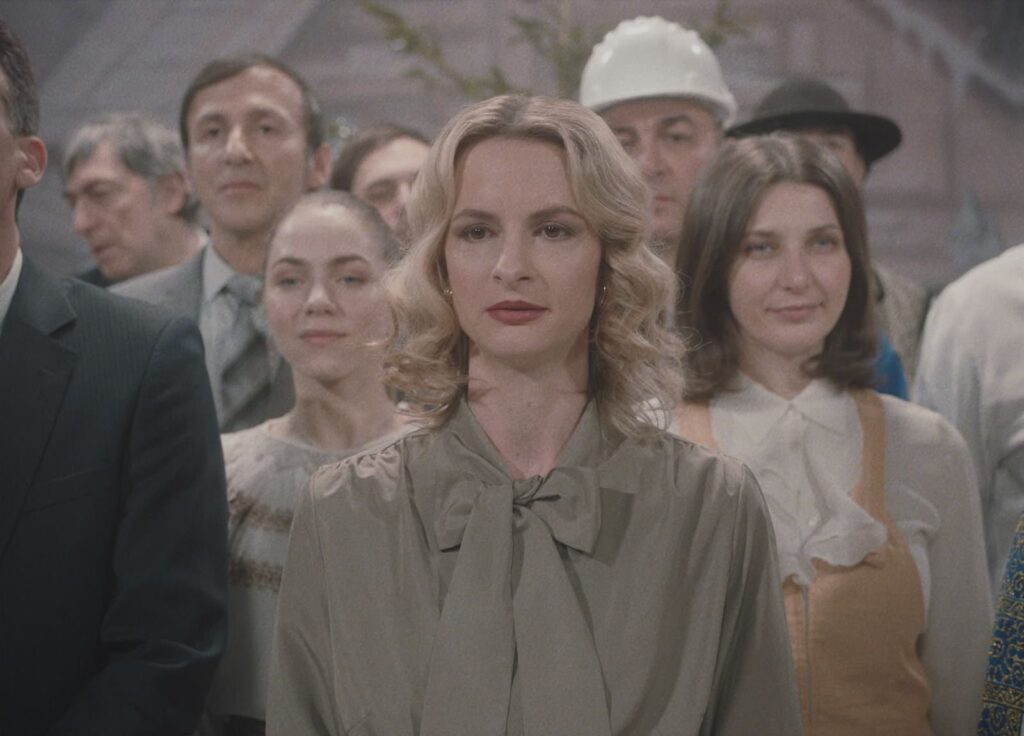

It was quite the honour to meet the director and a few of the cast members of the film The New Year That Never Came at the Venice Film Festival. Director Bogdan Muresanu took home the FIPRESCI prize at this year’s prestigious festival. It was the first time for FERNTV to interview on European soil and it was gracious in its process and informative. The New Year That Never Came focuses on a time in Romania back in 1989. The country is on the brink of revolution and there are protests on the streets while the young mock the regime through art and Romania’s iconic New Year’s show glorifies Ceausescu. Director Bogdan Muresanu does it in a way that is very Soderbergh-like in this film as he connects the lives of six who eventually connect in unexpected ways. FERNTV was enlightened to speak with the director Bogdan Muresanu about this process and cast members Ada Gales, Nicoleta Hâncu and Mihai Calin.
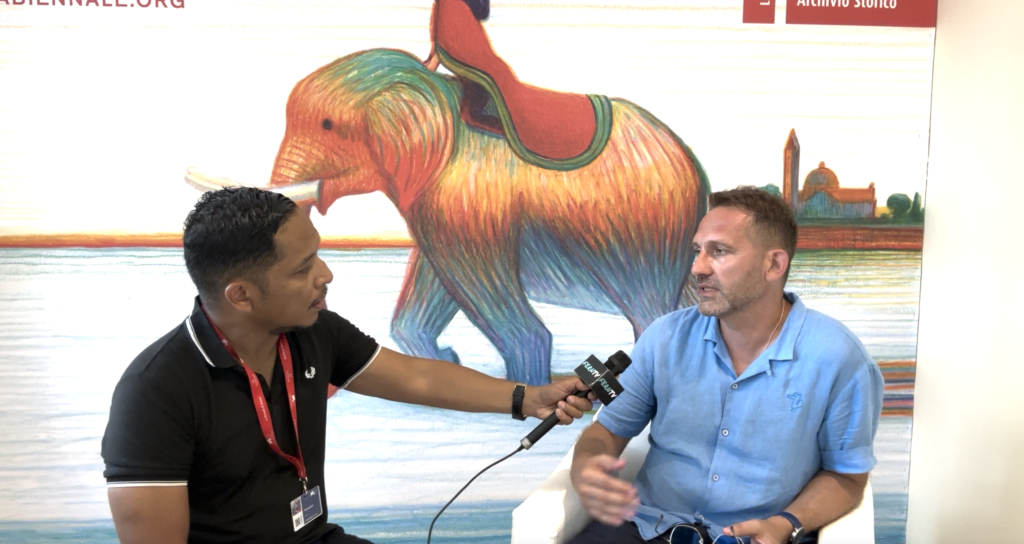

When speaking about the inspiration for The New Year That Never Came, director Muresanu visits a relative time in Romania and tells the stories about many people who were part of this revolution. Connecting six lives and a great ensemble cast, it felt like it was almost like making a musical even a bolero from his perspective. But he wanted to make it this way because he wanted to be challenged. When we asked which director influenced him the most when conjuring this process for this film he replied P.T. Anderson‘s Magnolia after thinking it was Steven Soderbergh‘s Traffic.
“I think this is a study of tyranny. Also, fear and paranoia. With dark humour,” says Muresanu about the difficult content of the film. He also reminds us even though this happened in 1989 in the country of Romania, that we are still living in a world of fear. With the new rise of Trump, the war between Ukraine and Russia, the ongoing war in the Middle East and the threat of nuclear war, this is a time which many of us across the world can learn from. The country of Romania was going through some tumultuous times during this revolution and for everyone to get through the woods there was a need for dark humour. Especially revisiting this time and making a period piece, Meresenau injected the humour into the film to alleviate the tension and pressure.
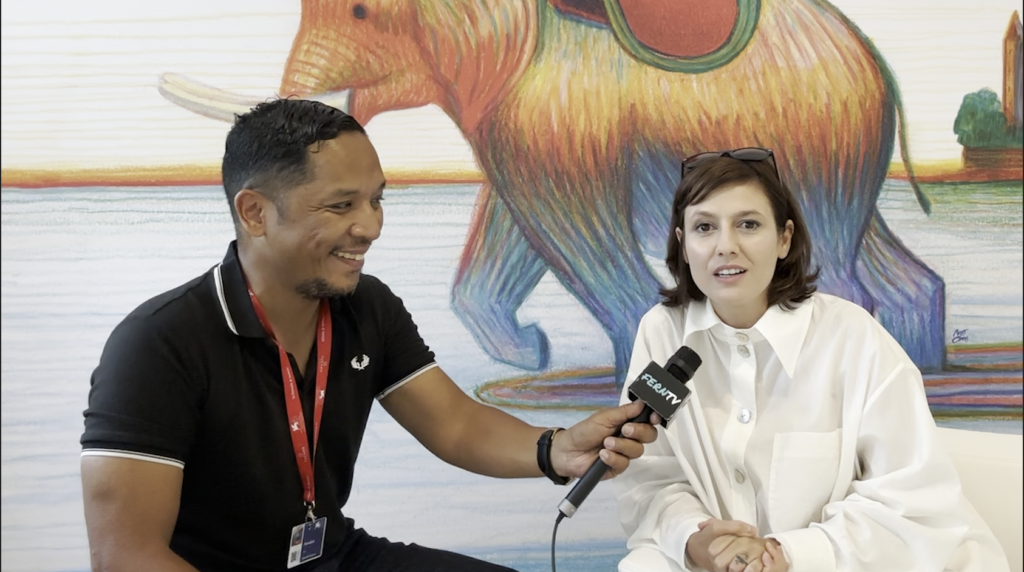

Actress Ada Gales plays Dinca’s wife who continues this dark humour with her husband in The New Year That Never Came. Furthermore, she represents the women at the time who were also fighting for empowerment. Her character is strong and witty even though she does not know what her husband does. But at the time she was protected and had a roof over her head and there was food available to her. Ada Gales tells FERNTV that her character in the film was living a privileged life and there were no questions raised. Ada Gales is the heart of this film and she reflects optimism and positivity. Her character was supported and developed by this great ensemble created by Bogdan Meresenau who also gave her much space to be creative playing a privileged wife.
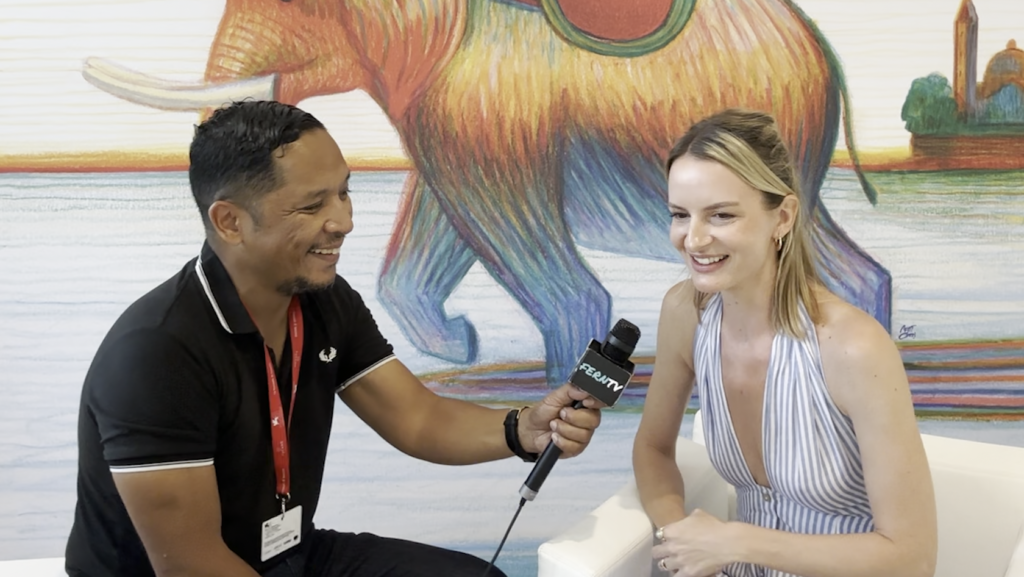

Actress Nicoleta Hâncu plays Florina who is chosen to be on Romania’s iconic New Year’s Eve show. She is a theatre actress who is trying to level up in her career by taking this new opportunity. Her theatre manager detests her decision to go on the show saying that it would break her concentration on stage. Florina sees things differently as she will now be seen on television which may be one of her biggest breaks. FERNTV asked Nicoleta about why all the other characters in the film were trying to control and manipulate her. She replied because she was a submissive woman and was young, naive and small in stature. Even though the men had great intentions of trying to protect her, there were some underlying motives. This is why Nicoleta explains this fear in Florina that grows within her throughout the film.
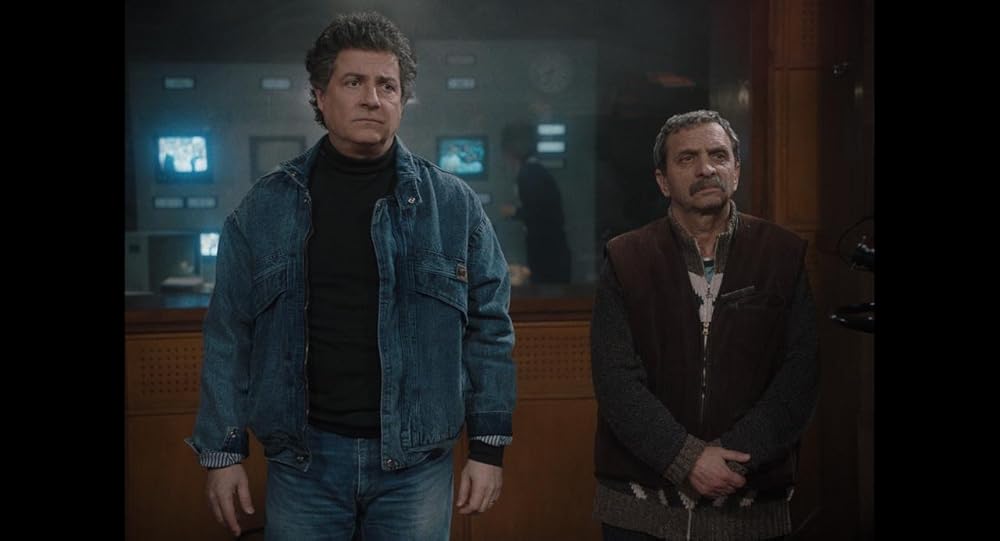

It was insightful when FERNTV spoke with actor Mihai Calin who plays Stefan Silvestru in The New Year That Never Came. Mihai is one of the few characters who lived through the Ceausescu regime and knew exactly what it was like. Even though in the film many characters were more privileged than others, Mihai speaks of what this horrible regime put all the Romanian people through. Such as turning off the power and electricity where the people were treated like animals. They had to survive the winter and tried to put food on the table let alone cook it. Mihai explains that this was a dark time for the Romanian people. Their rights were not of global concern which is why this story from director Bogdan Meresenau needed to be brought up at a surface level.
There are many lessons to be learned from The New Year That Never Came but the common denominator during this revolution in Romania was that everyone has a story to tell under the Ceausescu regime. Even though the Romanian people were treated like peasants, their story has so much value to be told at that time and especially today. Living it is one thing according to Mihai but to recreate a pivotal moment in Romanian history where many were experiencing fear, tension and anxiety is a delicate process that director Bogdan Muresanu weaves humorously into this film. This is a much-needed period piece as we remind ourselves that when history repeats itself in this manner, your story must be told by all means necessary. Congratulations on taking home the FIPRESCI Bogdan! Well deserved!
-

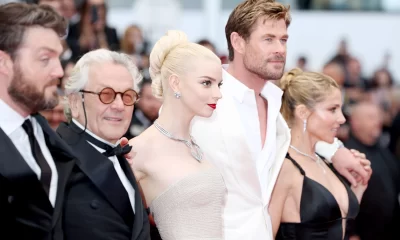

 ACTORS/ACTRESSES11 months ago
ACTORS/ACTRESSES11 months agoFuriosa Gets a Stunning 7-Minute Standing Ovation @Cannes 2024
-

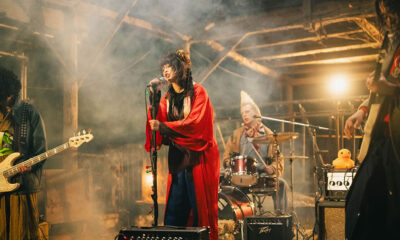

 FEATURES7 months ago
FEATURES7 months agoThe Gesuidouz Rocks Up @TIFF 2024
-

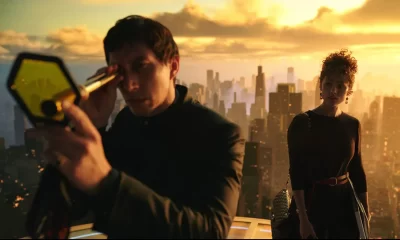

 ACTORS/ACTRESSES11 months ago
ACTORS/ACTRESSES11 months agoMegalopolis Receives Massive 10-minute Standing Ovation @Cannes 2024
-

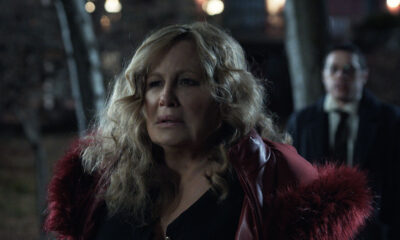

 FEATURES9 months ago
FEATURES9 months agoRiff Raff Set to Ruffle Feathers @TIFF 2024
-

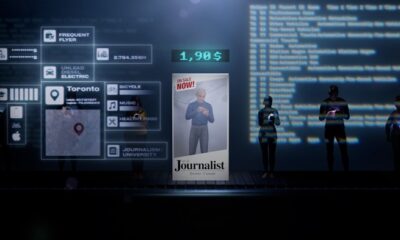

 DOCUMENTARIES12 months ago
DOCUMENTARIES12 months agoClick Trap Reveals Truth @Hot Docs 2024
-



 ACTORS/ACTRESSES11 months ago
ACTORS/ACTRESSES11 months agoKinds of Kindness Receives A Mere 4.5 Minute Standing Ovation @Cannes
-

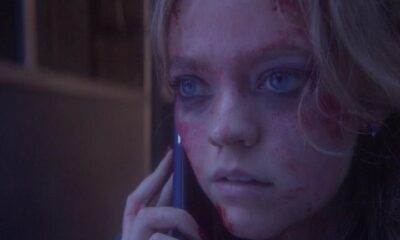

 ACTORS/ACTRESSES11 months ago
ACTORS/ACTRESSES11 months ago#AMFAD: All My Friends Are Dead @Tribeca 2024
-



 DOCUMENTARIES11 months ago
DOCUMENTARIES11 months agoMyriam El Hajj’s Diaries from Lebanon@Hot Docs 2024


